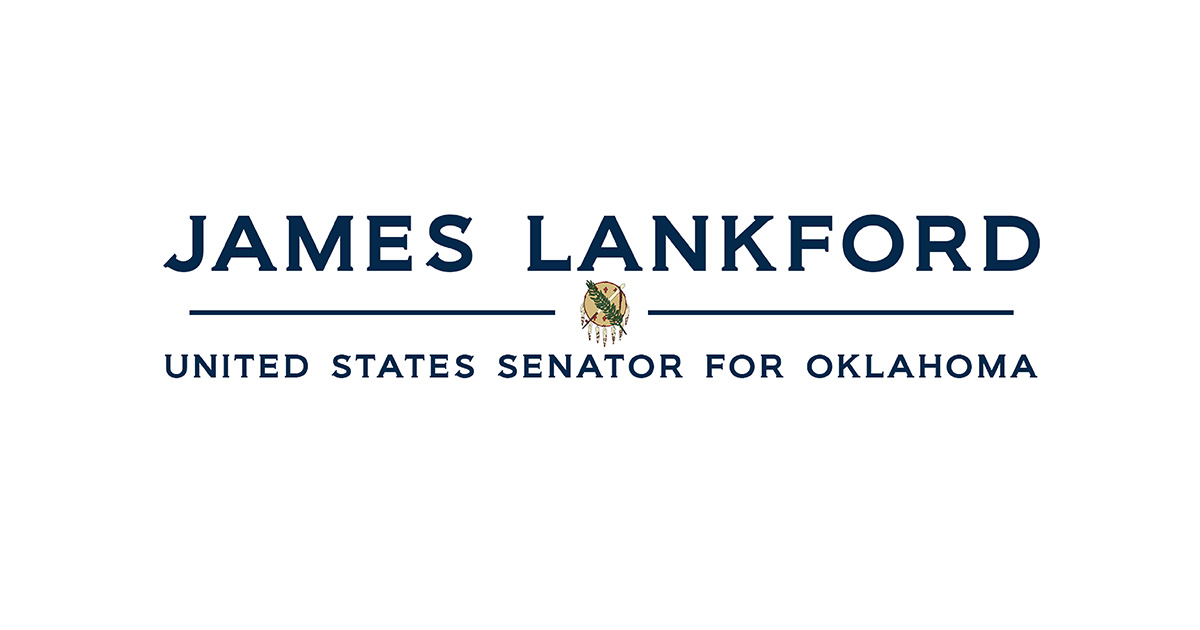Source: United States Senator for Oklahoma James Lankford
CLICK HERE to watch Lankford’s Q&A on YouTube.
CLICK HERE to watch Lankford’s Q&A on Rumble.
WASHINGTON, DC – Long-time advocate for practical solutions that bring down the cost of prescription drugs, Senator James Lankford (R-OK) today participated in a Senate Finance Committee hearing entitled, “Pharmacy Benefit Managers and the Prescription Drug Supply Chain: Impact on Patients and Taxpayers,” in which Lankford discussed the ways pharmacy benefit managers (PBMs) are forcing Oklahoma patients, particularly seniors, pay more for their prescription drugs at the pharmacy counter.
Lankford pressed the witnesses about practices PBMs use to limit access to lower-cost generic drugs, manipulating Medicare Part D health plans’ formulary tier to usurp patients’, doctors’, and pharmacists’ expertise, sometimes forcing a patient to pay for a higher-cost brand-name drug even when a cheaper option is available. Lankford also asked about drug price transparency and why rebates for certain drugs don’t always make it back to consumers.
Last week, Lankford pointedly asked Department of Health and Human Services Secretary (HHS) Secretary Xavier Becerra what is being done about PBMs as they continue to push to keep their status as middlemen in the drug pricing scheme, which is forcing higher prices at the pharmacy counter for Oklahomans.
Lankford recently joined Senators Chuck Grassley (R-IA) and Maria Cantwell (D-WA) to continue to crack down on PBMs’ unfair practices in the prescription drug-pricing scheme by introducing the Prescription Pricing for the People Act. Last year, Lankford sent several letters to the FTC in support of its PBM investigation, highlighting the harsh realities of their anti-competitive behaviors and the resulting price spikes and overall decreased access for average Americans.
Witnesses at today’s hearing included Robin Feldman, the Arthur J. Goldberg Distinguished Professor Of Law And Director Of The Center For Innovation at the University of California’s Hastings College Of Law; Karen Van Nuys, Ph.D., the Executive Director of Value Of Life Sciences Innovation at the Leonard D. Schaeffer Center For Health Policy & Economics at the University of Southern California; Lawton Robert Burns, Ph.D., the James Joo-Jin Kim Professor Of Health Care Management and Co-Director Of The Roy & Diana Vagelos Program In Life Sciences & Management a the University of Pennsylvania’s Wharton School; Jonathan E Levitt, Founding Partner at Frier Levitt Attorneys at Law in New Jersey, and Matthew Gibbs, Pharm.D., President of Capital Rx in New York.
Excerpt
Lankford: The drug companies complain about the PBMs until they cooperate with them for tiering, that when it’s time for a drug to go generic, once the generic’s about to be released, the PBM and the branded drug, they negotiate together some way to get a higher rebate fee if they’ll put the generic drug on the branded tier, which means the copay for the consumer is more and it also is a higher cost from Medicare at that point. This has been an issue. They’re literally driving generic companies out and driving the prices higher for the consumer. At the same time, the PBM will come back and say, ‘We’re negotiating to get better prices for the consumer,’ when they’re actually not. Where am I wrong on this?
Levitt: I can see no fault in any of that logic.
###
